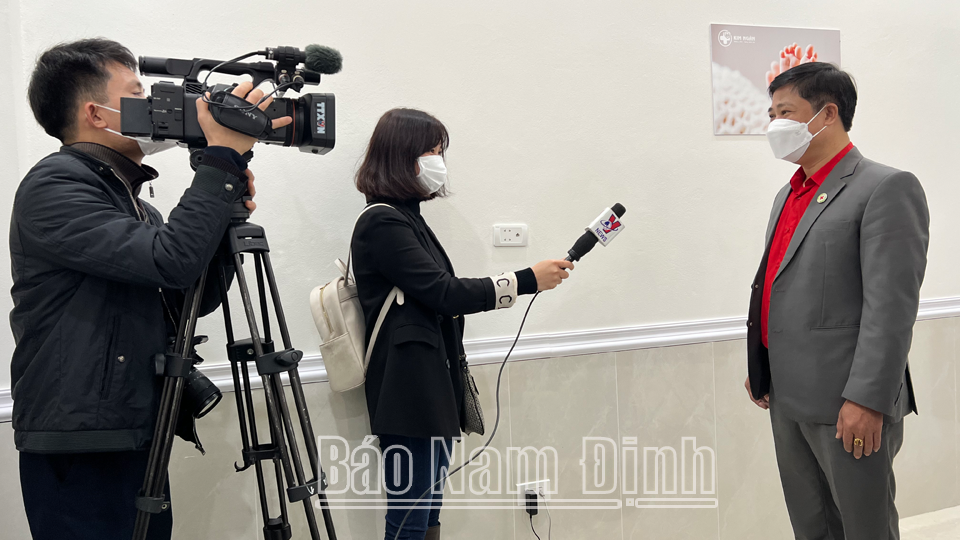 |
| Reporters working during the COVID-19 pandemic. |
If someone asked me what I like most about my career, I would immediately think of travel without hesitation. “Going” was my first thought when choosing journalism. Whether it was a day trip or a long-term business trip, it brought us journalists interesting experiences. I remember the week-long trips when I first started my career to remote areas in the Northwest. I remember the nights of “sleeping on thorns and tasting bile”, climbing mountains and wading streams with border guards and soldiers to remote villages when I was an intern at a newspaper office in Hanoi . When I returned to Nam Dinh Newspaper, I had the opportunity to follow a delegation of the provincial Youth Union to visit the villages on the high mountains of Dien Bien, Lai Chau, and Son La provinces. While my knees were still shaking from having to walk up the mountain for many hours, my eyelids were still wet with dew, I burst into happiness when I was held by small, cold hands. Then I silently looked at the red, cracked cheeks, the dirty feet without sandals in the middle of winter of a child. I also remembered the times before Tet when it was freezing cold and I went with the border guards on the seas of Hai Hau and Nghia Hung to patrol along a long dike... The trips helped me broaden my mind, open my soul. After each trip, I felt more mature and "stronger" in my career.
Through the trips, I also met interesting and new people and characters. They told me about the work they were doing, about their plans, joys, sorrows, successes and failures they had experienced. From there, I had more "living" material to write articles. During my not-so-long time as a journalist, I traveled, met and interviewed hundreds of characters with countless stories like that. Among them, I still remember clearly the meeting with the wife of martyr Pham Phi Phung, Mrs. Tran Thi Thin, Vi Xuyen ward ( Nam Dinh city). Under the small, quiet house, covered with green trees, the woman over 80 years old, 65 years of Party membership, 56 years of widowhood, told me about the meeting and then the fate of her and her husband. During the 14 years of marriage, until the day Mr. Phung sacrificed, the number of days that Mrs. Thin and her husband lived together "could be counted on one hand". The longest time was about 3 days, sometimes he only had time to come home for a few hours. Due to war conditions, also in the 14 years of marriage, Mrs. Thin said "I only received letters a few times". Therefore, every time there was a letter from him, she read it very quickly, remembering very well what her husband wrote. Being separated for a long time, what Mrs. Thin feared most also happened, on May 7, 1969, in a fierce battle, Mr. Phung sacrificed himself. However, it was not until 1976 that Mrs. Thin received a death notice.
Her husband died early when she was in her prime, and she was a talented and resourceful person. Many people wanted to “get to know” Mrs. Thin. She cleverly refused everyone who came to her, determined to stay single and worship her husband. What made her regret and torment her the most was that she and her husband had no children… Mrs. Thin’s story of worshipping her husband made me both sad and impressed. Admiring people with noble revolutionary ideals who were willing to sacrifice their personal happiness when the Fatherland needed them, I wrote the article “The Red Separation” which was shared and interested by many readers.
Journalism always requires “going”, “listening” and “thinking”. As a professional, I always remind myself not to be afraid to go. The more I go to places with problems, remoteness and difficulties, the more I can write objective articles, honestly reflecting events and people, and training the will and mettle of a journalist. In 2021, when the COVID-19 epidemic situation became complicated, the first cases of infection were announced in the province; at that time, I registered to write an article about a veteran who grew kumquat trees with high economic efficiency in Nam Phong commune (Nam Dinh city). To write the article, my colleague and I went downstairs and into the garden to interview the subject. At night, I received a text message from my husband informing me that his niece was infected with COVID-19, and the whole family had to be quarantined, hoping that the journalist would take care of his health… I quickly informed my colleague, texted and occasionally called to ask about the health of the interviewer’s family. We also encouraged each other to maintain our spirits and health to complete the professional work assigned by the agency. In the following days, I had many trips with mass organizations such as Women's Union, Red Cross, and Veterans to the epidemic areas in the province to visit and give gifts to the functional forces performing the task of preventing and fighting the epidemic as well as those infected with COVID-19. From those practical trips, I have news and articles reflecting current events, close to the developments of disease prevention and control in the province.
“Going, listening, thinking” are the first bases and data that help reporters form articles. However, “going”, “listening”, and “thinking” do not always lead to writing. There are articles, especially long-term articles, articles for national journalism awards, although I have spent many days on the ground and have sufficient materials, but I cannot write the article right away. Partly because these are difficult articles, requiring careful reading and research of materials, consulting with experts and related units, and partly because I am still confused in developing ideas, not fully understanding all the “nooks and crannies” of the issue I intend to write about. Therefore, for journalists, there are many cases where the author “soaks” the materials for a whole year or writes and publishes them but still does not feel truly satisfied with the “brainchild”.
Journalism is a hard, difficult and even dangerous profession. Although it is a hard job, the long-term commitment to the profession has brought us, the team of journalists, a lot of joy, life experiences, and more knowledge and understanding of society. And most of all, we have witnessed positive changes after our articles. Although I know that there will be many obstacles ahead to maintain a "bright mind, pure heart, sharp pen" on the chosen path, I always determine to nurture my passion and motivation for journalism. From there, I will keep the "fire" and love for the profession lasting.
Article and photos: Hoa Xuan
Source: https://baonamdinh.vn/xa-hoi/202506/nghe-baodi-nghe-nghi-viet-af211f1/








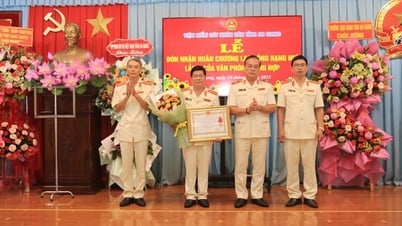

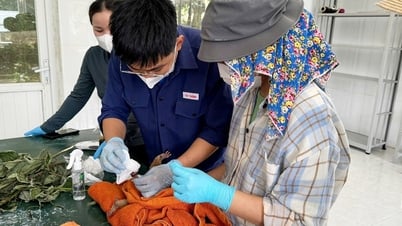





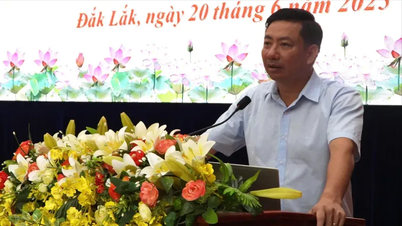
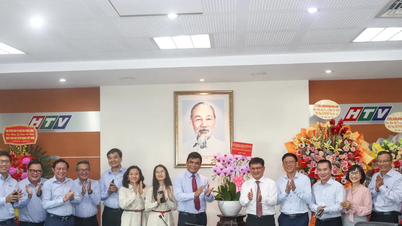




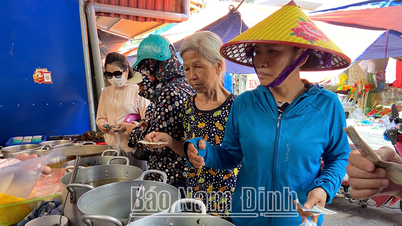
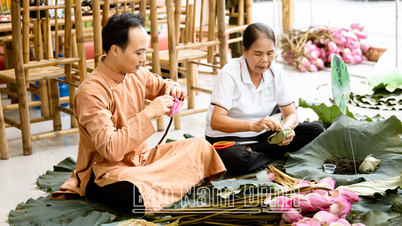
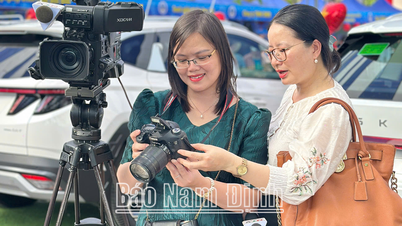
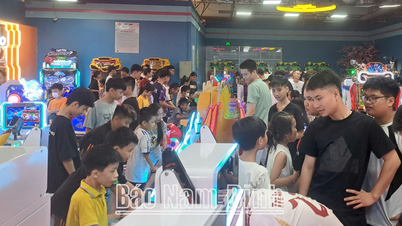
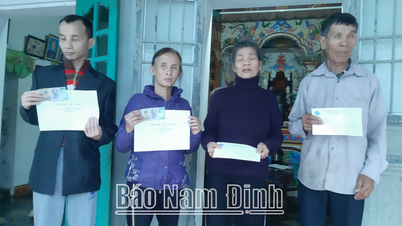
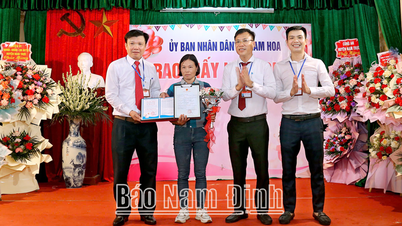


























![[Maritime News] Wan Hai Lines invests $150 million to buy 48,000 containers](https://vphoto.vietnam.vn/thumb/402x226/vietnam/resource/IMAGE/2025/6/20/c945a62aff624b4bb5c25e67e9bcc1cb)




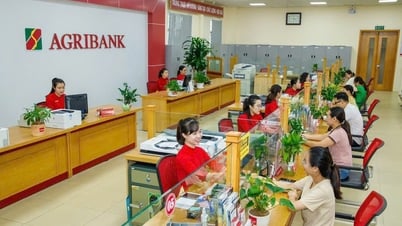

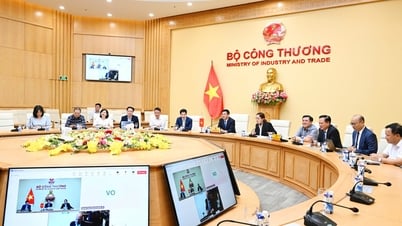




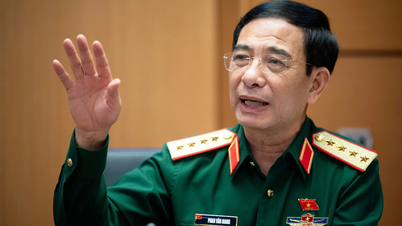



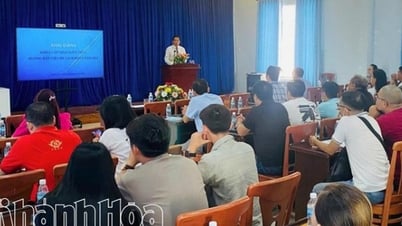



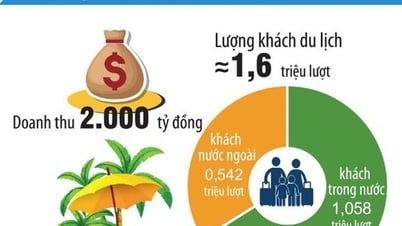
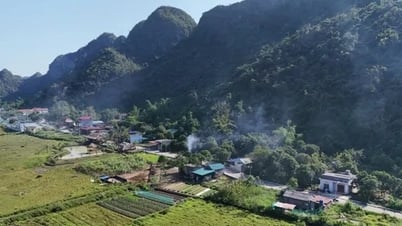
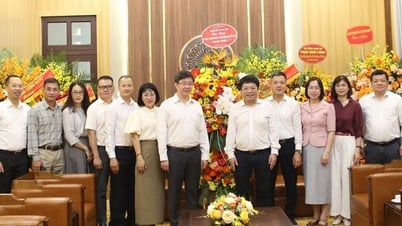

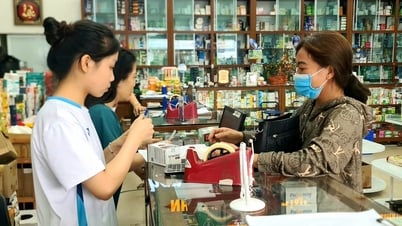



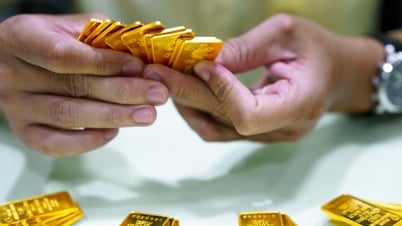

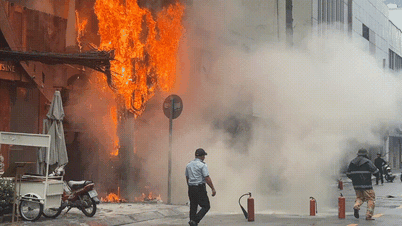
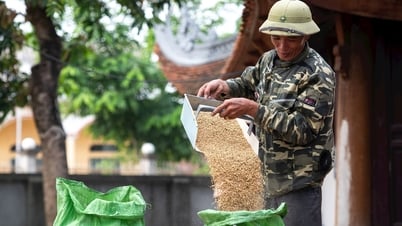











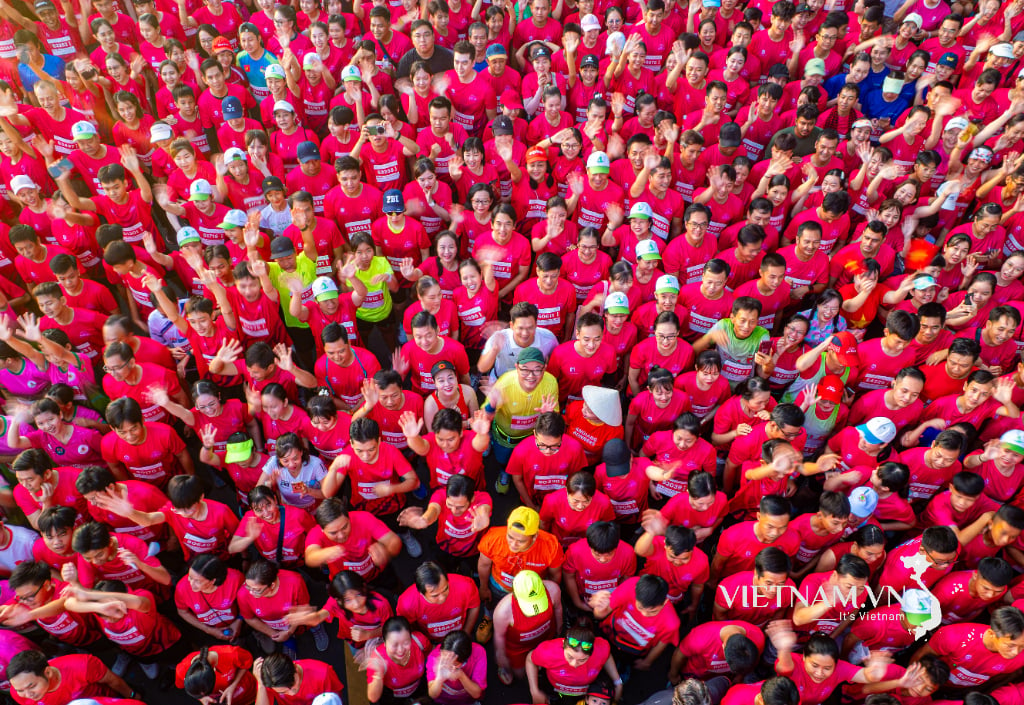
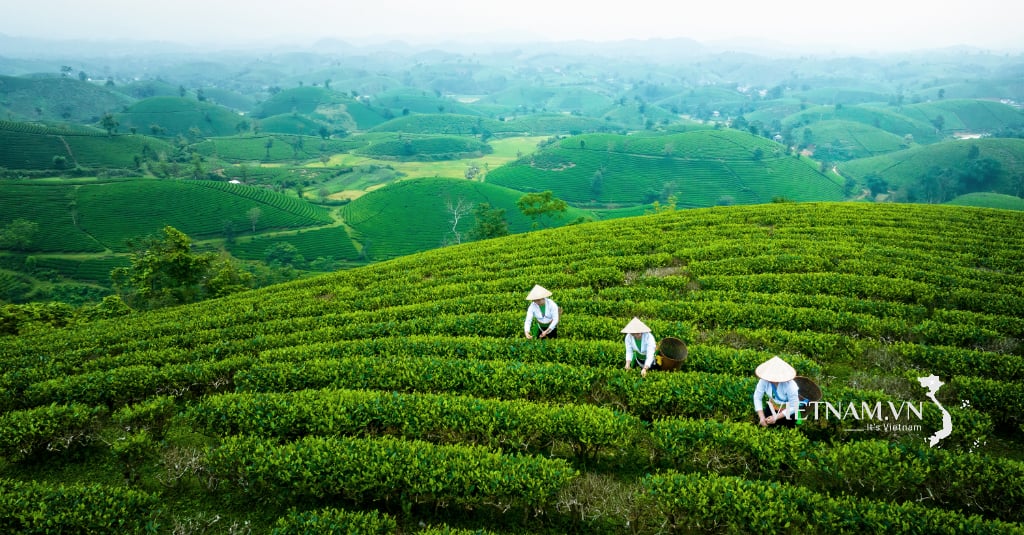

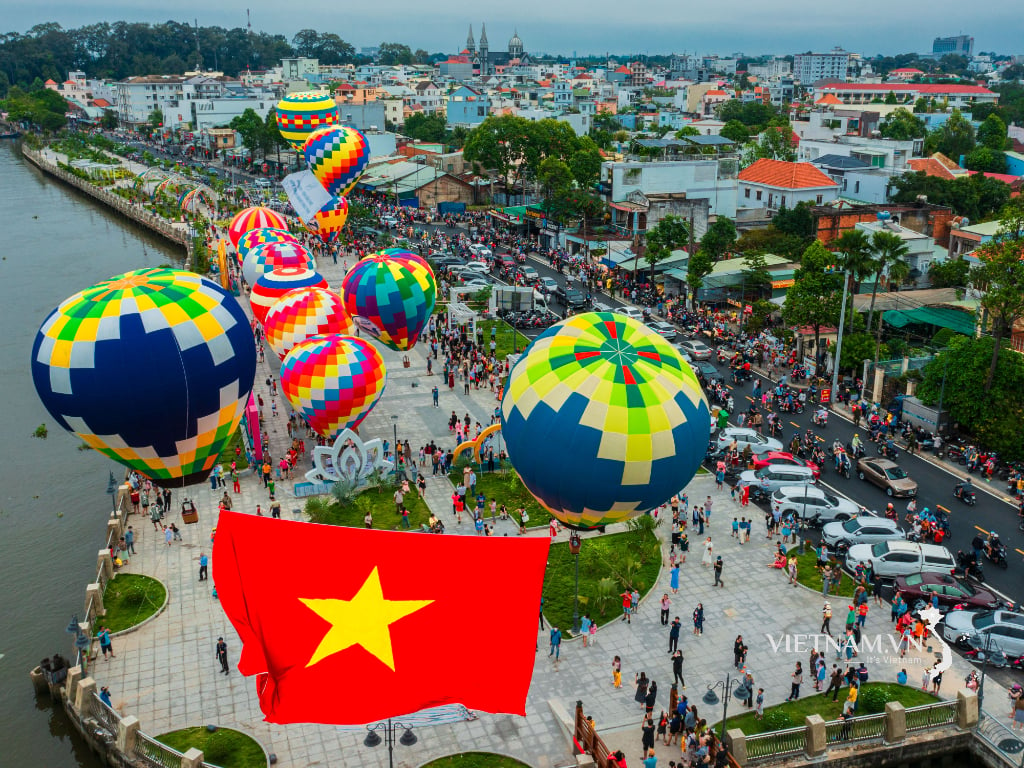
Comment (0)